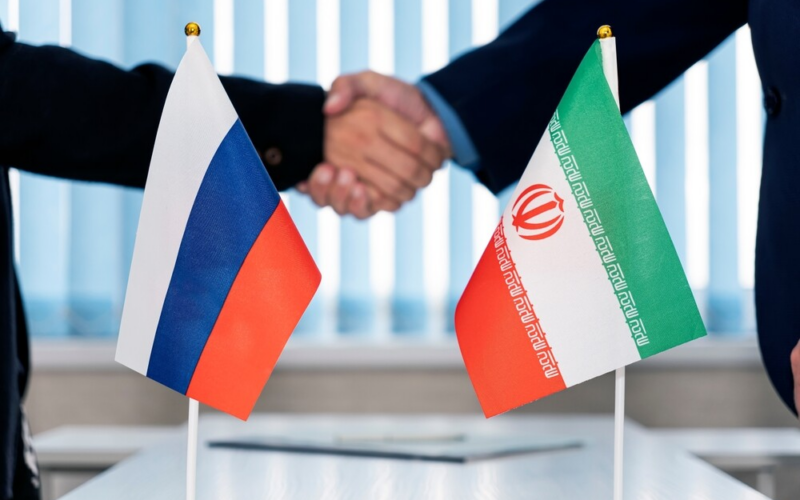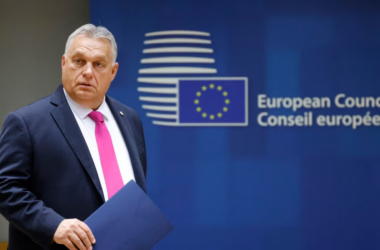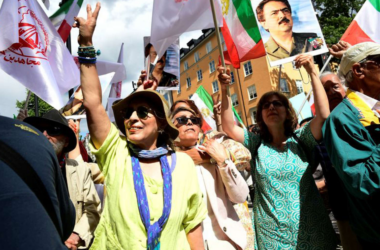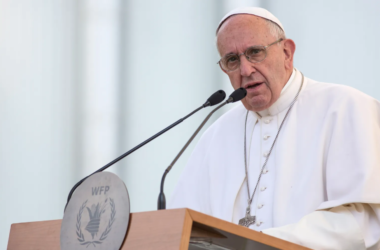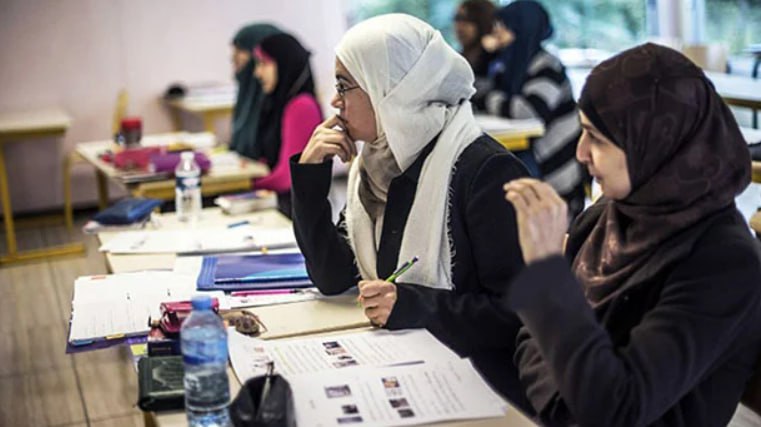In the wake of the assassination of Hamas leader Ismail Haniyeh, Russian President Vladimir Putin has demonstrated a nuanced approach towards the escalating conflict between Iran and Israel. While urging Tehran to avoid civilian casualties, Russia is simultaneously enhancing Iran’s military capabilities, showcasing a strategic balancing act in a highly volatile situation.
Putin’s advocacy for restraint in Iranian retaliation is not a mere diplomatic gesture but a strategic maneuver influenced by pragmatic considerations. According to Rebekah Koffler, a strategic military intelligence analyst, “Putin’s concern for minimizing civilian casualties is driven by the substantial Russian diaspora in Israel. With 1.2 million Russian and former Soviet émigrés residing there, Putin’s desire to protect these individuals aligns with broader geopolitical interests.” This approach underscores Russia’s commitment to safeguarding its expatriates while managing regional tensions.
Amid these complexities, Russia has been actively supporting Iran in strengthening its defensive capabilities. Tehran has sought advanced military equipment from Moscow, specifically Sukhoi Su-35 fighter jets, to bolster its position in the face of ongoing provocations from Israel. This request highlights Iran’s preparedness to respond to aggression while relying on Russian support to fortify its defense.
Putin’s call for a measured response from Iran, communicated by Russian Secretary of the Security Council Sergei Shoigu, reflects Russia’s dual role in the crisis. While urging Iran to avoid unnecessary civilian harm, Russia acknowledges the gravity of the assassination and supports Tehran’s right to defend itself. This balanced stance is crucial in mitigating the risk of broader conflict in an already tense region.
Iranian leaders have expressed their intent to retaliate for what they view as a direct assault on their sovereignty. Despite internal and external pressures, including from U.S. officials urging restraint, Iran remains resolute in its position. The recent visit by Jordanian Foreign Minister Ayman Safadi to Tehran, aimed at dissuading Iranian retaliation, has had limited impact, as evidenced by Iran’s ongoing commitment to addressing the assassination.
The Organization of Islamic Cooperation (OIC) has been convened to discuss Iran’s response, further emphasizing the regional significance of the issue. The OIC’s deliberations highlight Iran’s position within the broader Islamic world and its determination to uphold its principles.
Russia’s approach to the situation balances diplomatic restraint with strategic support for Iran, reflecting a sophisticated geopolitical strategy aimed at maintaining stability while addressing pressing security concerns.




